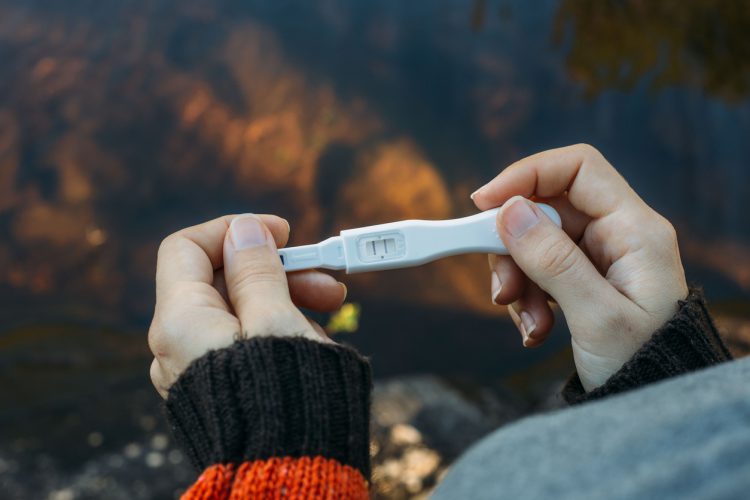Project Description
Yes, It’s Possible to Get Pregnant If You’ve Lost Your Period
Last month pro runner Tina Muir published a kind of shocking blog post about her decision to quit running. Like many elite athletes, she’d lost her period due to strenuous physical activity. Now that she’s hoping to have kids, she’s leaving her sport in order to regain her cycle.
Every time she went to the doctor, Muir was told she’d have to train less intensely if she wanted to get pregnant, she said to Glamour. The prospect of scaling back her running seemed inconceivable, since her career was so important to her. But after she accomplished her dream of representing Britain in a world championship, she was more at peace with the idea. “I noticed that my heart wasn’t really in [running],” she said.
So she began the process of trying to get her period back. Stress, calorie intake, physical activity, and weight can all affect your cycle; for Muir, the main culprit was running. “They suggested I severely cut back, and that would be OK, but I’ve always been an all-or-nothing person,” she said. “If I was going to do this, I was going to do it completely.” She was told she’d get her period after two to three months, and though the competitor in her wanted to rush it, she has accepted that her period hasn’t returned after seven weeks and may not for a while.
Not every woman who loses her period (the medical term is amenorrhea) is an elite runner, of course, but if you’re not menstruating and you’d like to get pregnant in the near future, you should talk to your primary care doctor, a gynecologist, or a reproductive endocrinologist, says Alison Zimon, M.D., a top reproductive endocrinologist and co-medical director at CCRM Boston. Even if you’re not trying to get pregnant, losing your cycle can indicate that something’s wrong. Usually it’s due to some reversible issue, such as excessive exercise, dieting, or stress. Once this underlying problem is treated, your cycle will often return.
(There are some contingencies: If a woman’s cycle doesn’t come back, doctors will sometimes prescribe birth control. If you’re trying to get pregnant, obviously, that won’t help, so in that case, women might take injectable gonadotropins or other medications. Others can’t get their periods back or get pregnant because their egg supplies have run out; these women may use donated eggs.)
Once you do get a regular period again, that means you’re ovulating and have a good shot at getting pregnant, says Brian M. Berger, M.D., a reproductive endocrinologist at Boston IVF. It may also be possible to get pregnant before your period returns since ovulation happens about two weeks before menstruation. After that, Berger recommends trying to conceive for a year if you’re under 35 or six months if you’re older than 35; if you aren’t pregnant in that window, talk to a gynecologist or reproductive endocrinologist.
Muir is speaking about her journey from amenorrhea to trying to conceive because she wants other women who have lost their periods and want kids to know they should address the problem as soon as they can. She also wants them to know they’re not broken, as she used to believe of herself, and to feel free to talk about it.
Last, Muir wants to reassure women who may need to gain weight so they can ovulate that there’s nothing wrong with that. “That has not been completely easy in a world where were constantly being told to lose weight, lean up, and tone up, but I feel almost more confident now than I did at my leanest, when I had a six-pack,” she says. “It’s so liberating to be able to remove yourself from those restraints and the pressure to look a certain way. I want to do what’s best for my body and me.”


